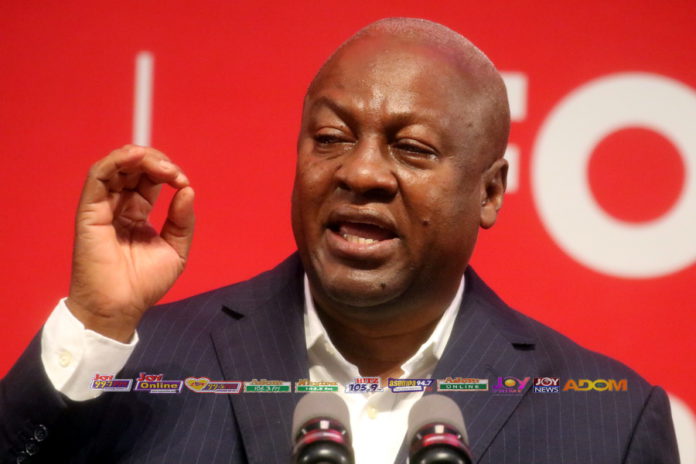Although being a potential source for employment generation, wealth creation and skill development in the country, the Creative Arts Industry is often sidelined in the nation’s political agenda.
After listening to the concerns of the industry players, the National Democratic Congress (NDC) has identified 17 ways to address these concerns.
At the launch of their party’s 2020 manifesto, the NDC outlined a number of policies to confront these challenges and solidify the country’s Creative Arts Industry.
These include funding creative art institutions, resolving copyright issues, passing the creative arts bill among many others.
MORE:
Below are the policies outlined in their 2020 manifesto:
1. Implement programmes to support the growth of the film, music and the creative industry to drive job creation and economic growth.
2. Resource nationally recognised creative arts bodies like the Ghana Association of Writers, MUSIGHA, National Film Authority, Ghana Union of Visual Arts(GUVA), among others.
3. Strengthen regulation to protect the copyright of artistes and ensure that they get value for their works by enforcing the payment of user fees under the Copyright Regulations, 2010 (L.I. 1962).
4. Set up a system of legal aid for creative artistes to help fight creative/intellectual theft and plagiarism by others.
5. Pass the Creative Industry Bill into law and implement it to promote the development of the industry.
6. Resource the national museums and empower them to function properly and create space for exhibitions.
7. Promote local patronage of various creative products.
8. Partner with GUVA and other fine art associations to purchase their finished works to furnish and decorate public offices to support the fine art businesses.
9. Through the National Film Authority, encourage our embassies overseas to purchase and periodically show appropriate Ghanaian films on Ghana Day and other special occasions.
10. In collaboration with the Ghana Association of Writers, establish a National Writing Contest and support the promotion of the best literary works.
11. Provide seed money for the creation of a special fund for artists including aged and needy creative artists.
12. Make available scholarship packages for disadvantaged creative artistes to pursue courses or programmes for self-development in the national interest.
13. Facilitate the enrolment of creative artists unto the informal pension scheme.
14. Develop programmes to harness talents and potentials in the industry.
15. Structure the educational curriculum to allow students to appreciate the relevance of culture and creative arts in life and national development.
16. Promote district, regional and national competitions in the creatives among the youth in Tertiary Institutions.
17. Facilitate the placement of creative art products on digital platforms for promotional purposes.


